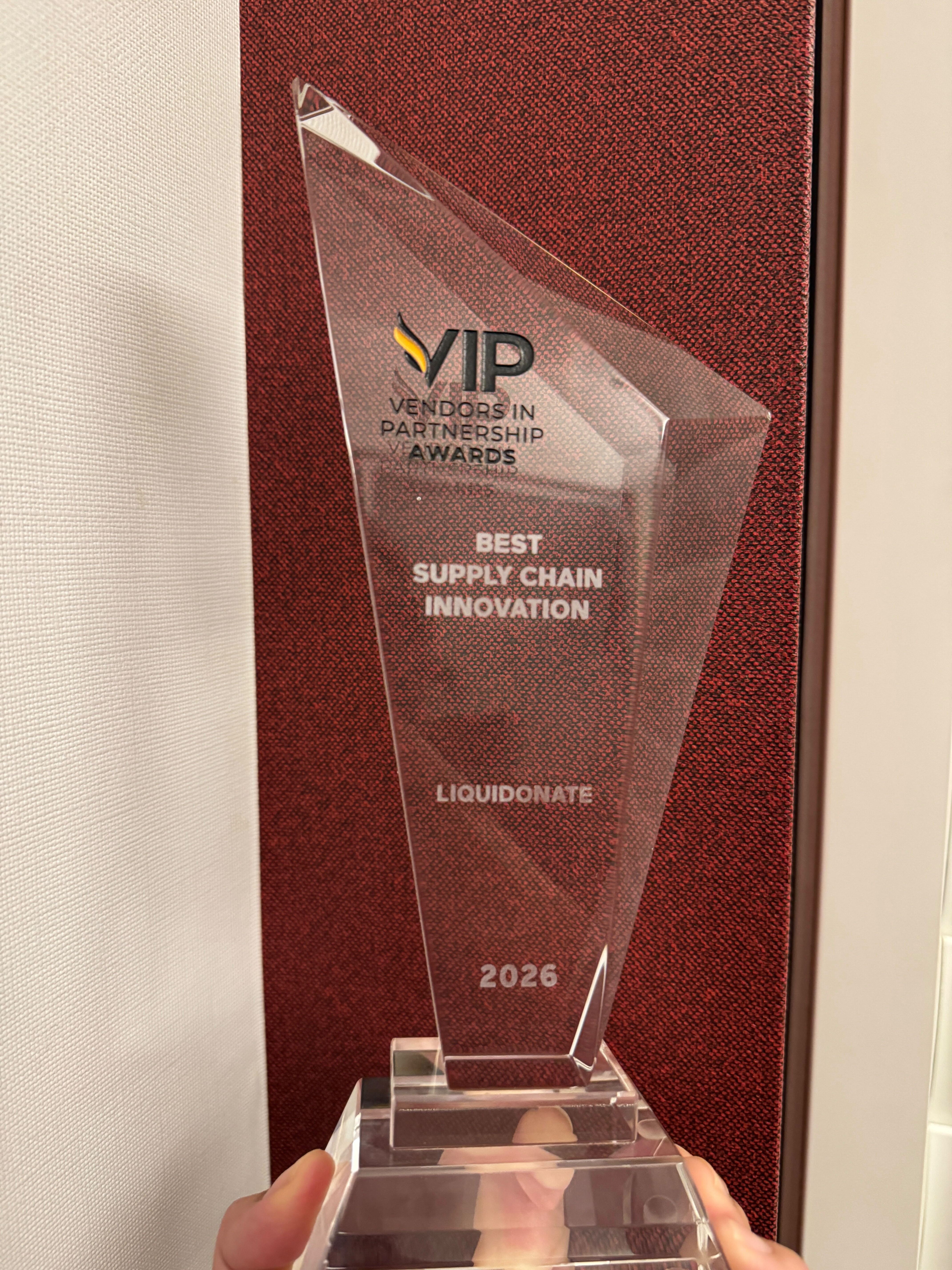


On September 30, 2025, Blue Startups hosted its latest Demo Day in Palo Alto, bringing together investors, mentors, alumni, and a new cohort of founders. As a former cohort member, I know how valuable this program can be — not just for the visibility on stage, but for the skills and relationships built in the months leading up to it.
Explore the cohort and alumni: See the portfolio companies here.
What Blue Startups Does
Blue Startups is designed to give early-stage founders the structure and support they need to move quickly. The accelerator focuses on three key areas:
- Mentorship: Founders get direct access to experienced operators, investors, and advisors who stress-test ideas and provide honest feedback.
- Network: The program connects startups to investors, partners, and other founders who can open doors.
- Accountability: The structured timeline pushes teams to refine their story, validate their market, and prepare to raise capital.
Demo Day is the culmination of this process — but the real work is in the preparation.
Why Mentorship Matters
One of the most valuable aspects of Blue Startups is its mentor network. Alumni and seasoned operators give back by sharing lessons learned, which helps new founders avoid costly mistakes. This “pay it forward” culture ensures each cohort benefits from the experience of those who came before them.
I had the chance to mentor this year’s cohort on fundraising strategy, which is one of the most common pain points for early-stage founders. If you’re interested in what I shared with the cohort, please check out the next section.
Fundraising Tips for Early-Stage Founders
Checklist to Keep in Mind When Raising
- Lead with mission, back it with traction. Explain why your startup matters, then prove it with user growth, pilots, or revenue.
- Know your numbers. Be ready to discuss CAC, LTV, churn, and payback periods — even if they’re projections.
- Build momentum before the raise. Cultivate investor relationships months ahead of Demo Day. Warm intros beat cold emails.
- Be clear on the ask. Define how much you’re raising, why, and which milestones it funds.
- Follow up strategically. Demo Day starts the conversation — real progress updates and investor check-ins close the round.
How Accelerators Help
By combining structured mentorship, pitch practice, and investor exposure, accelerators like Blue Startups give startups a launchpad they wouldn’t have on their own. They compress years of trial and error into a few months, making founders sharper, more resilient, and more prepared to raise capital.
The ongoing involvement of alumni and mentors keeps the ecosystem strong. Every founder benefits from those who’ve been there before — and in turn, every founder has the chance to pay it forward.
On Stage
The stage presentations are the highlight of Demo Day — where founders get to showcase months of work to a room full of investors and supporters.
The pitches this year reflected a wide range of industries and approaches, but they all shared the same focus: solving real problems with speed and creativity.
Looking Ahead
Blue Startups also spotlighted upcoming events that continue to connect founders across regions.
The next big gathering, East Meets West 2026, will take place on April 8–9 in Honolulu. It’s another opportunity to bring global founders, investors, and thought leaders into the same room to collaborate.
Final Thoughts
Blue Startups Demo Day isn’t just a showcase — it’s proof of what happens when founders, mentors, and investors collaborate. The latest cohort put their ideas into the world with confidence. Now the challenge is turning that stage presence into long-term traction.
For me, mentoring is about strengthening a community that helped me when I was in their shoes. That cycle of support is what makes accelerators like Blue Startups so powerful.



.png)





